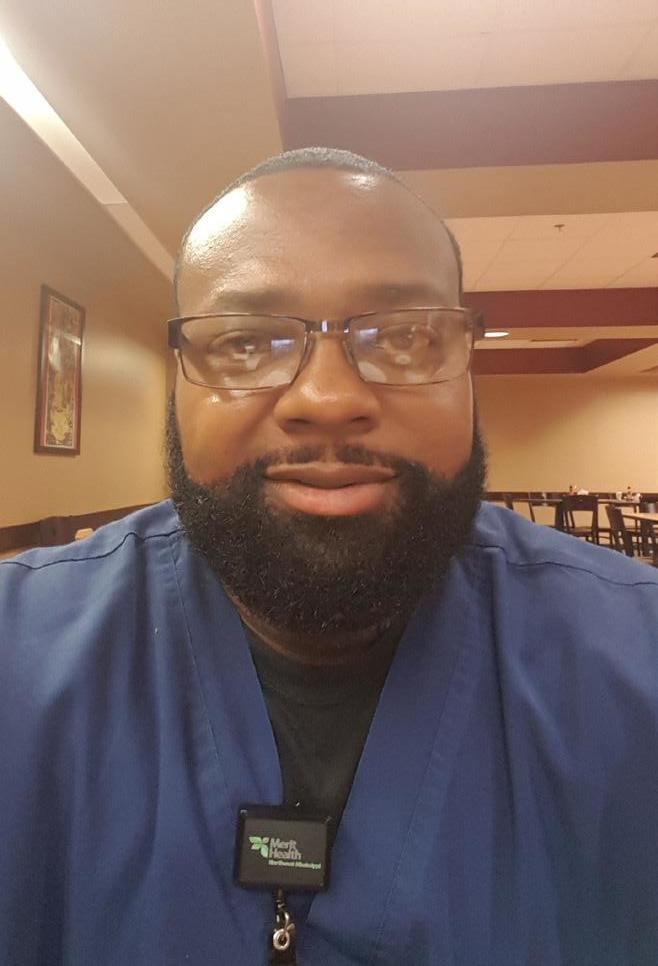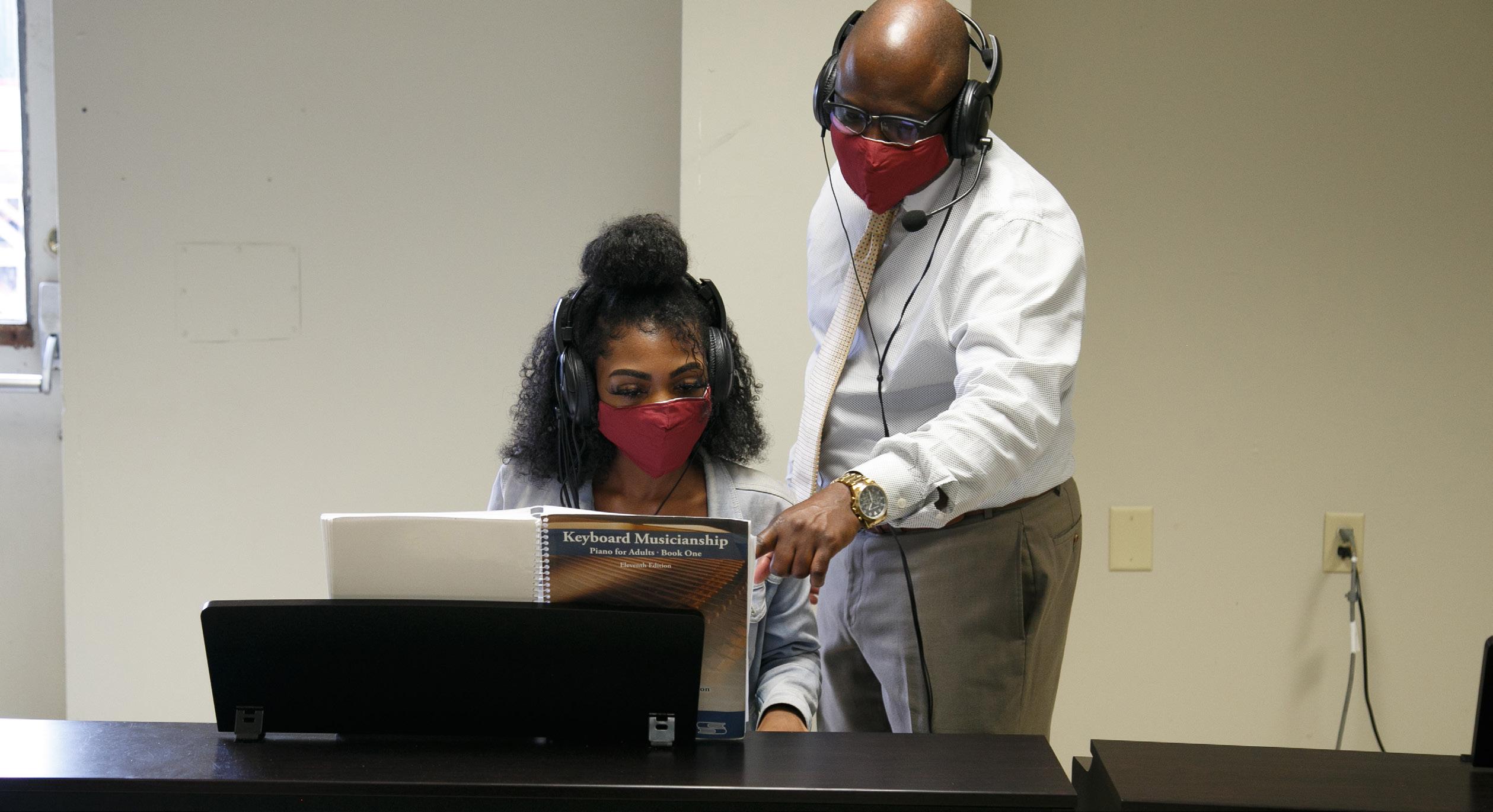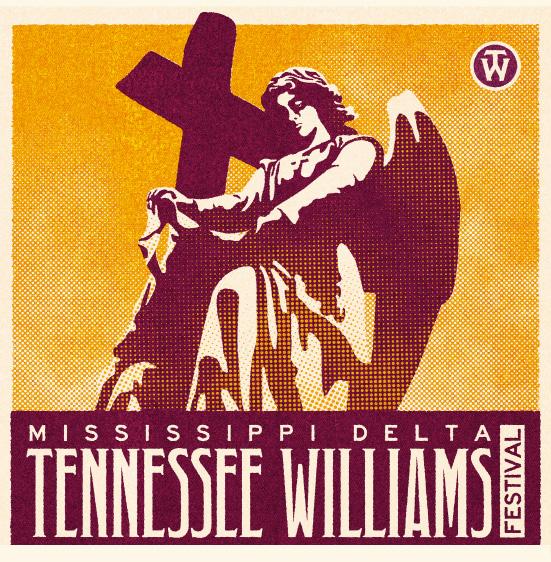
2 minute read
Respiratory Care Promoted
AMID PANDEMIC, PROGRAM DIRECTOR PROMOTES RESPIRATORY CARE PROGRAM
In the spring, scarcity in ventilators struck the U.S. as the number of deaths from the global COVID-19 spread forced nations into wearing face masks, hand-washing, and frequent disinfecting for protection. When the summer set in, the weekly production rate of ventilators rose to 10,000. The manufacturing of the life support devices has improved, but the need for respiratory therapists, the expert operators of the machine, remains.
Graduates of Coahoma’s Respiratory Care program are continuing to do their part in treating and dissolving coronavirus cases.
Donald Savery (‘10) is one particular alum who has been using the techniques he learned as a health science student to handle the effects of the outbreak properly. At a hospital in New Orleans, Louisiana, where he resides, Savery, 29, aims to create a safe space for himself, patients, and colleagues.
As the state experienced a surge in infections during the spring, his work environment began habituating precautionary measures. Along with other health care workers, his temperature is taken, and he is asked a series of questions before every shift at the Ochsner Center for Primary Care and Wellness.
“Upon clocking in, a supervisor passes out N-95 masks,” says Savery. “There are also tables throughout each floor with disinfectant spray/wipes, additional gowns, and gloves.”
As other states, specifically New York, Michigan, Florida, and Illinois, began seeing an increase in cases and deaths, Respiratory Care program director Dr. Willie Lockett paid particular attention to a certain discovery. The coronavirus crisis has revealed a nationwide shortage of respiratory therapists. According to an Associated Press article, some hotels and motels in the U.S. offered free rooms to emergency and health care workers serving in hotspot areas. Lockett seeks to expand the industry by urging qualified individuals interested in the health care field to consider applying to the College’s Respiratory Care program. Students can complete program requirements in four full academic semesters and two summer sessions. They receive training in both the technical and clinical elements of respiratory care.
The following coronavirus-related findings are from various news sites, including New York news outlet The City. Here are some facts that give you a reason to make Respiratory Care your program of study.
• Because the coronavirus is a respiratory illness that attacks the lungs and respiratory system, a percentage of patients may need to be intubated, which means having a breathing tube inserted to have the breathing assistance of a ventilator. This is where the respiratory therapist comes in, using his or her expertise to operate the machine for patients. • Respiratory therapists are the only ones in the health care industry trained to operate the ventilator. This breathing machine comes to the rescue of COVID-19 patients who have difficulty breathing on their own. • Respiratory therapists are graced with the task of tailoring the ventilator settings to the patient’s need. Learning proper usage takes extensive training. Nurses can set up the machine and read levels, but a licensed respiratory therapist is needed to perform all other functions involved that can ultimately save one’s life. • Retired respiratory therapists have given up relaxation to serve on the front lines of the health crisis. • According to the U.S. Bureau of Labor Statistics, the respiratory care profession’s median salary was $61,330 in 2019.










